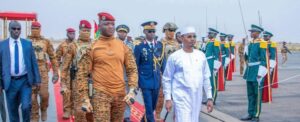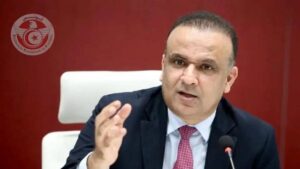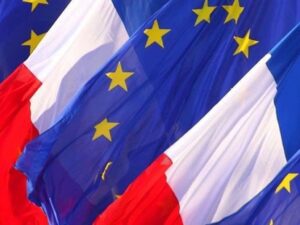Burkina Faso: President Ibrahim Traoré’s agricultural policy, a lever for food self-sufficiency and successful entrepreneurship
Since taking office, Ibrahim Traoré has placed agriculture at the heart of his development program for Burkina Faso. Aware of the challenges related to food security and increasing dependence on imports, he has embarked on redefining agricultural policy with an ambitious goal: achieving food self-sufficiency. This strategy, which focuses on strengthening domestic production, is accompanied by an innovative approach that integrates entrepreneurship as a key driver.
President Ibrahim Traoré recognizes that agriculture is a key sector of the Burkinabe economy. To enhance its performance, he has promoted the modernization of agricultural practices through easier access to technologies, fertilizers, and quality seeds. This not only increases yields but also diversifies crops to meet local food needs. At the same time, emphasis is placed on irrigation and the development of new agricultural lands to mitigate the climate-related challenges that affect production.
However, beyond these structural reforms, one of the hallmarks of President Traoré’s agricultural policy is the encouragement of entrepreneurship. By stimulating investment in agriculture from young entrepreneurs, the government seeks to transform subsistence farming into a true engine of economic growth. Funds are allocated to support entrepreneurial initiatives in the agri-food sector, allowing young Burkinabe to create viable and innovative agricultural businesses. These enterprises, in addition to meeting the needs of the national market, also aim to penetrate sub-regional markets.
The link between entrepreneurship and agriculture aims to create a favorable ecosystem for innovation, the transformation of agricultural products, and the creation of value chains. Thus, Traoré’s agricultural policy is not limited to producing more; it also seeks to create new economic opportunities for local actors while reducing Burkina Faso’s dependence on food imports.
This vision, which combines agriculture, innovation, and entrepreneurship, paves the way for food self-sufficiency and the economic emergence of the country.






